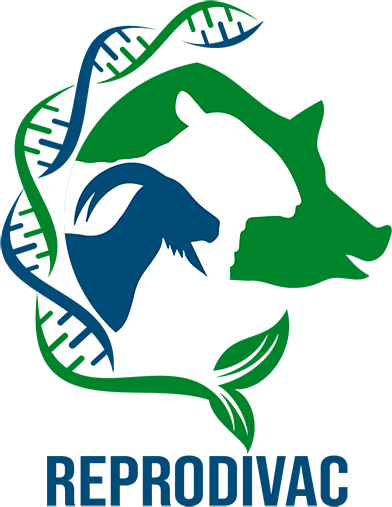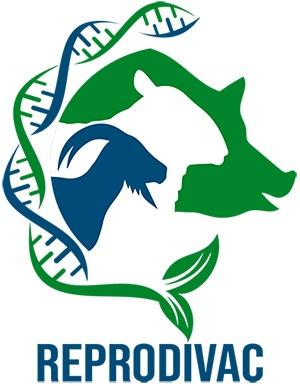REPRODIVAC - Next-generation vaccines and diagnostics to prevent livestock reproductive diseases of worldwide impact
Scientific Advisory Board
Managing Director, BioVacc Consulting Ltd, Amersham, UK. During his long career in the pharmaceutical industry with Wellcome Biotechnology, Schering-Plough Animal Health and MSD/Merck Animal Health, Dr Michael James Francis has undertaken global responsibility for a broad range of veterinary and human vaccine projects against viral, bacterial and parasitic diseases. This has led to the development of successful commercial vaccines for all major veterinary livestock and companion animal species, including three animal coronaviruses, utilising both conventional and novel technologies. He is currently the Managing Director of a specialist vaccine development consultancy, BioVacc Consulting Ltd. Michael was elected as a Fellow of the Royal Society of Biology and awarded an Honorary Associateship of the Royal College of Veterinary Surgeons, in recognition of his contribution to the field of vaccine R&D and animal wellbeing. In addition, he is currently the Chair of the Scientific Strategy Board (SSB) for the Veterinary Vaccine Manufacturing and Innovation Centre (Vet-VVMIC) at the Pirbright Institute, a Board Member of the International Veterinary Vaccinology Network, a Trustee for the Jenner Vaccine Foundation, an Independent Member of the UK Science Partnership for Animal and Plant Health, a Member of AgResults Brucellosis Vaccine R&D Pilot Judging Panel, a Member of the Zoonoses and a One Health Approach Advisory Group, a member of the BBSRC Veterinary Vaccinology Expert Working Group and a Member of the UK Vaccine Network. |
He is at the International Livestock Research Institute (ILRI) since 2009 and is based in Nairobi, Kenya. Born in Mombasa, Kenya, and following schooling in Kenya, he graduated from the University of Southampton (UK) and carried out post-doctoral research at the University of Nottingham and Cambridge. He joined the predecessor of ILRI in 1986, the International Laboratory for Research on Animal Diseases, and left ILRI in 2001 to work in the in the area of genomics at The Institute for Genomic Research & J. Craig Venter Institute, USA and the Institute for Genome Sciences, University of Maryland. He has a broad range of research interests that converge on developing improved or novel methods of infectious disease control and in the use of whole genome sequence data and genomic technologies to underpin laboratory research, primarily in the field of veterinary vaccines. He currently serves as a co-leader of the Animal and Human Health program at ILRI. |
Originally trained in agronomy (diploma in 1993) has obtained her PhD in immunology in 1997. She has been appointed researcher in the department of Animal Health at INRA in 1997 and has been working since as an immunologist specialized on farm animal viral diseases. After a sabbatical at Imperial College (London, UK) in the group of Prof. Peter Openshaw, she started studying the immune responses against the respiratory syncytial virus (RSV) affecting young calves (bovine RSV) or infants (human RSV) and causing acute respiratory diseases. Her research interests are now focused on the immune system of the newborn animal to enhance vaccine efficacy or boost innate immune defenses in this particular period of life. She holds 50 publications in peer-reviewed journals, and 5 patents. She has been and is still part of large european consortium funded by EU on these vaccination topics. Sabine Riffault is also the head of the department “Molecular Virology and Immunology” at INRAE since 2015. This research department of about 90 people comprises 7 research teams working on respiratory zoonotic/emerging/endemic animal viruses, fish viruses and bacteria and prion diseases (https://www6.jouy.inrae.fr/vim). |



